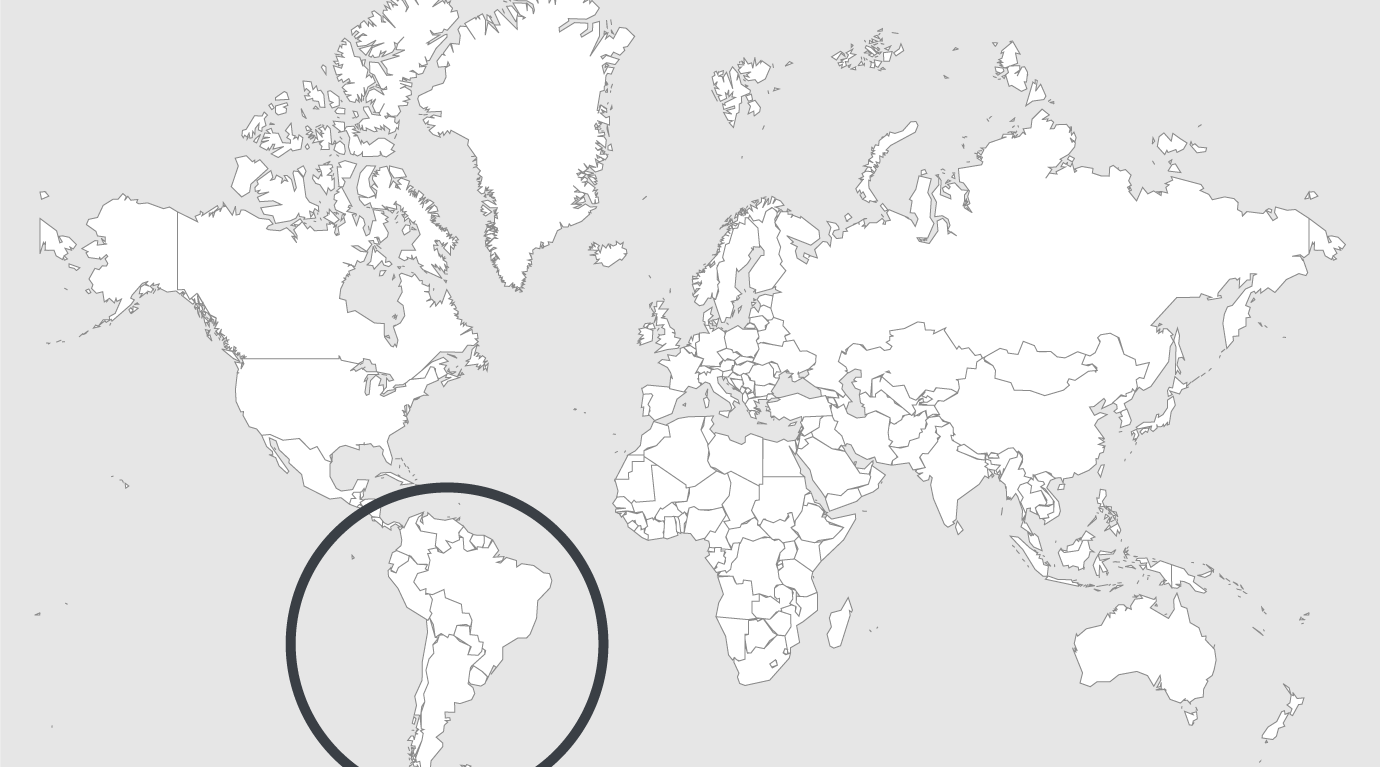
Explore
Brazil: Covid-19 aggravating the jail crisis
As the largest and most inhabited country in South America, Brazil has also the largest population of people in jail.
The number of inmates rises so fast, that the prison system can’t properly accommodate them, leading to overcrowding and violence.
At this point, violence is so ingrained that riots, decapitations and gruesome scenes are becoming commonplace in Brazil’s jails.
In the last four years, hundreds of people have been killed in prison unrest, mainly in the northern region of Brazil, where overcrowding and the fight between criminal gangs to control the drug trade is fierce.
Political science professor at the University of Chicago, Benjamin Lessing, has been studying the penal system in Brazil. In his opinion, the problem is the way the judiciary system works in the country.
“What we see over and over again is a prison population that’s growing faster than the number of official spaces. The very process of mass incarceration has created a kind of new form of organized crime, what they call here factions. These are criminal organizations which are born within the prison system. And even though they expand beyond the prison system to the favelas, to the slums, the core of their power is within the prison system. And the real base of their power ironically, paradoxically, is the prison masses. The more the state is out there arresting people and bringing them to prison, the more the prison gang has power over people on the street.”
With roughly 850,000 people incarcerated in Brazil, which is over twice the prison system capacity, the impracticality of social distancing and the unsanitary environment further engender the rapid spread of COVID-19 in penal institutions.
For Renato de Vitto, a Public Defender of the state of São Paulo, Brazil’s prison policy is one of the greatest challenges of the country’s public agenda.
“Brazil has one of the worst prison systems in the world. The pandemic of coronavirus exposed problems that already existed, aggravating them.”
Brazil’s Penal Law guarantees access to health, education and legal assistance. It also dictates the separation of the prison population based on the convict’s level of danger to society and on the severity of their crimes.
But most of these rules only live on paper.
Vulnerable, non-violent inmates are housed with and exposed to dangerous criminals, and the COVID-19 pandemic, isn’t facilitating access to family members.
